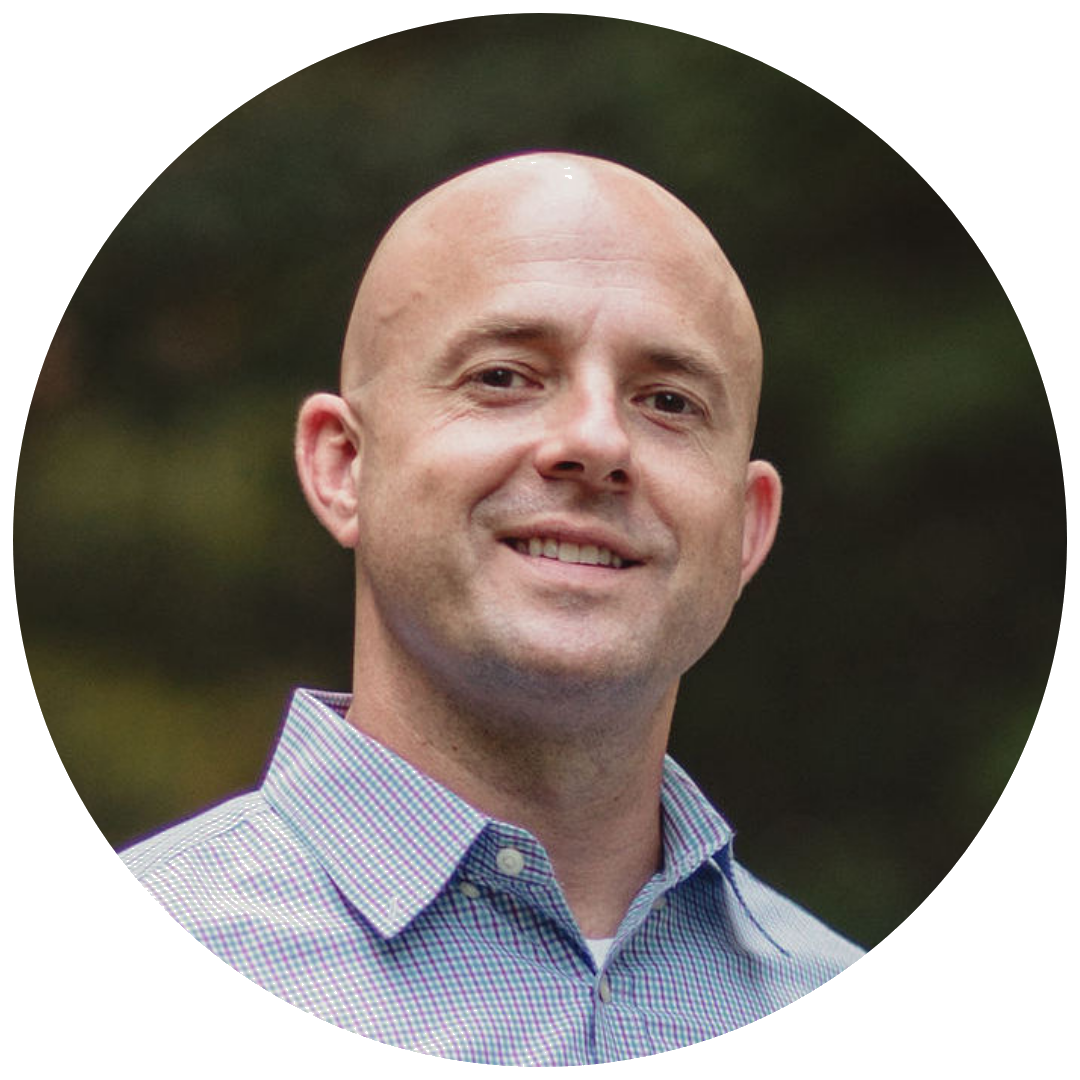However, 44 gallons of soda can take a toll on your overall health. The combination of high amounts of sugar, caffeine, and phosphoric acid can damage your body in a variety of ways.
First and foremost, let’s take a look at teeth. Both the sugar and the acid in soda break down tooth enamel, leaving your teeth vulnerable to tartar and plaque. Over time, this leads to cavities and the infection of the pulp inside teeth. If you’re hoping to avoid root canals, cutting soda out of your diet can be a powerful first step.
In addition the damage soda does to your teeth, here’s all the ways it harms the rest of your body.
Kidneys – Phosphoric acid has been linked to an increased risk of kidney stones and other kidney problems.
Bones – When phosphoric acid leaves the body, it takes calcium along for the ride, which means your bones are less likely to get all the calcium they need. Over time, this can lead to weak bones.
Heart Disease – The sugar in most sodas, high fructose corn syrup, has been linked to an increased risk of heart disease, which is the most common cause of death in the United States.
Diabetes – The more soda a person drinks, the more likely they are to develop Type 2 diabetes. Though diabetes is more manageable now than ever before, it is an expensive condition to have.
Obesity – The more soda a person drinks, the more likely they are to become obese, which has its own host of related health issues.
Replacing your soda consumption with water can quickly have positive effects on your overall health. Make the switch to a better, happier, healthier you!

About the Author
Dr. Harris has been a practicing dentist since 2005. In 2012, he received his Master’s of Science in Dentistry and a certificate in Endodontics. He founded East Coast Endodontics shortly after receiving his master’s degree. He also currently holds a part-time position as a Clinical Assistant Professor for the Endodontics department at Virginia Commonwealth University. View his full bio.

